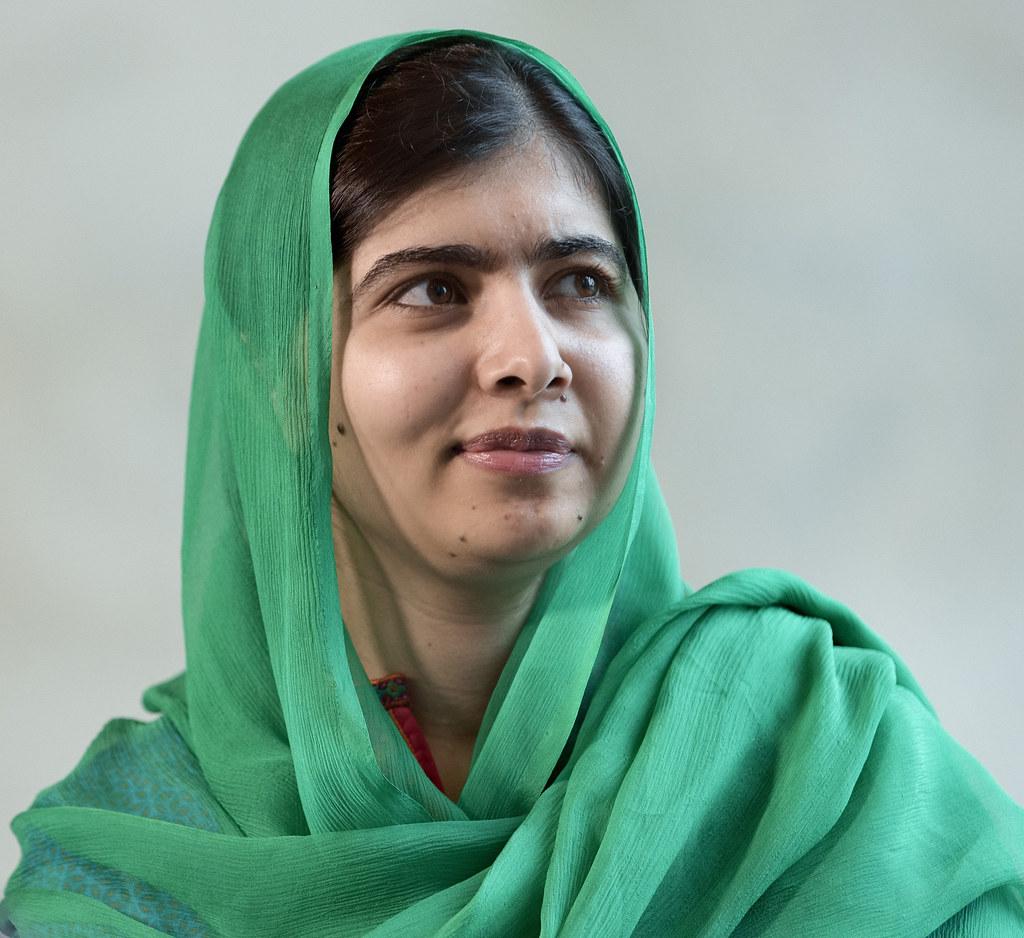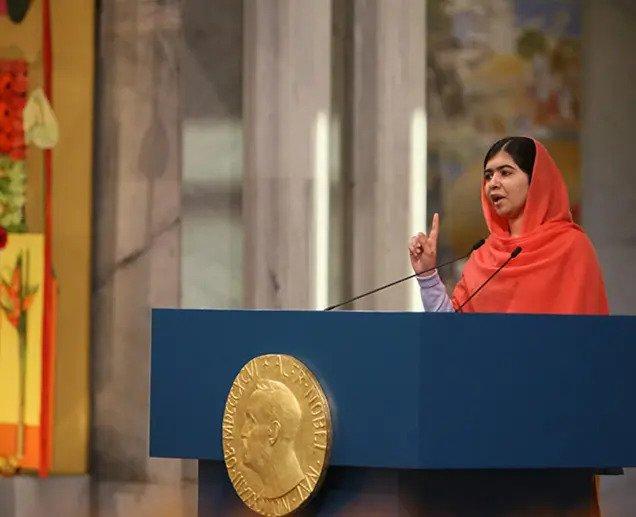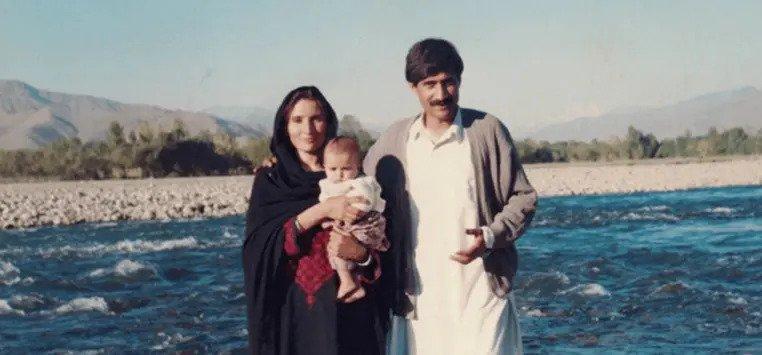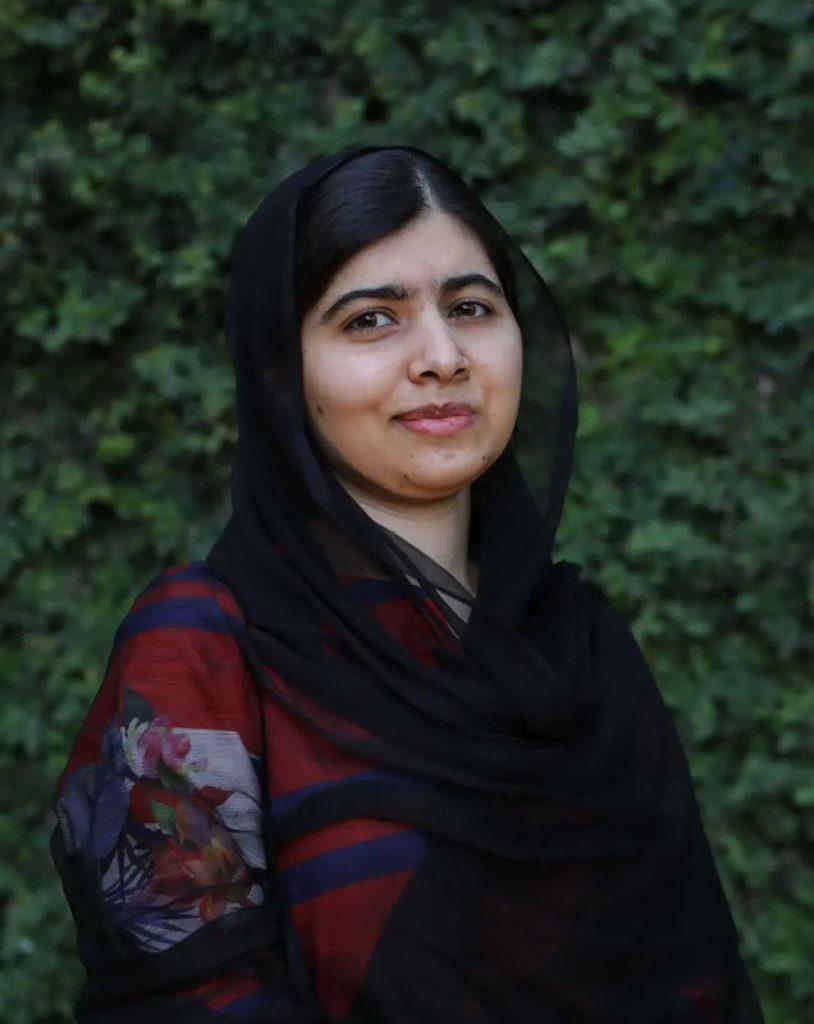
Inspirational women: Malala Yousafzai
Although Otrera Aromatics primarily celebrates and supports women going through the menopause, we also love to champion and spotlight younger women who are making a real difference in the world, demonstrating how powerful and influential we can be at any age.

One such young woman I hugely admire is Malala Yousafzai, whose courage and tenacity in the face of male violence and patriarchal oppression is truly inspiring.
Many of you will likely be familiar with Malala and her inspiring story of resilience and hope. She is now a worldwide human rights ambassador and fierce defender of women’s rights worldwide. Today I’m sharing a little more about Malala and the incredible lessons we can all take from her experience, strength and dedication.

Malala’s story
Born in 1997, Malala was actively encouraged by her father to discuss politics at home when her two brothers had gone to bed. In 2018, the BBC Urdu website sought out a schoolgirl who would was influenced by the rise of the Taliban in her home region in Pakistan and was prepared to blog anonymously about her life.
When nobody volunteered, the then 11-year-old Malaya was put forward for the role by her father. At this point, girls in the region had been banned from attending school and women had been banned from going to the shops. More than 100 girls’ schools were destroyed, and only 70 out of 700 girls continued to go to school.
Months after the blog was written a documentary and more interviews came along in 2009. People worldwide became fascinated with this girl and her raw accounts of life under the Taliban, highlighting the struggles women faced as a result of their rule. Eventually in 2009, Malala’s identity was revealed.
The identity reveal brought with it a great deal of positive opportunities for Malala and established her public platform for the first time. Inspired by great human rights leaders including Martin Luther King, Nelson Mandela and former Prime Minister of Pakistan Benazir Bhutto, she became a dedicated activist. As an advocate for female education she was awarded Pakistan’s first National Youth Peace Prize in 2011 for fighting for women’s rights and the empowerment and education of girls. But it also came with immense risk – with her identity out in the open, she became a target for the Taliban who were incensed with her open disregard for their regime and the public outcry caused by her accounts of the crimes they committed. Despite being in her early teens she regularly received death threats and the Taliban openly talked of killing her in order to silence her.
When she was just 15 years old, Malala survived an assassination attempt as she took the bus home after an exam at school. Taliban gunmen stormed the bus and told her she must identify herself, otherwise everyone on board would be killed. Malala bravely revealed herself and the gunman fired, with the bullet entering just let to the left side of her eye travelling down her neck into her shoulder. Malala was left in a critical condition with life-threatening injuries to her brain.
In the immediate aftermath doctors at a military hospital in Peshawar operated to reduce swelling on the brain, and Malala remained in a coma for some time. Offers flooded in from around the world alongside an outpouring of anger and disbelief, and she was eventually flown to the UK for the remainder of her lifesaving treatment.
Thankfully Malala recovered from her injuries – but as a result of the murder attempt she has lasting damage to her facial nerves and skull and is still undergoing treatment and has had multiple surgical procedures.
Why we love Malala
The trauma and life-threatening injuries Malala faced (and at such a young age) could have forced her into submission, or at least led her to shy away from the public eye and the global fight for human rights. But this incredibly brave young woman made a conscious choice to continue fighting oppression and to use her platform and profile to raise awareness of the continued struggles women face worldwide at the hands of regimes such as the Taliban.
Since recovering from her assassination attempt, Malala has remained outspoken and has become a world-renowned and respected activist for human rights and equality. She received the Nobel Peace Prize in 2014 aged just 17 – making her the youngest Nobel laureate. She has also donated large amounts of her own money to help children in need to access education in oppressed areas including Burma and the Gaza Strip. Her struggle against the suppression of children young people and for the right for all children to education continues and she remains an activist to this day. Despite widespread praise and respect, Malala continues to receive fierce criticism of her work and violent threats worldwide.

Taking inspiration from Malala
What immense courage, bravery and commitment Malala has demonstrated – and at such an early age. Her unrelenting passion and energy for her cause is an inspiration to us all. Malala teaches us that we can turn our pain into power – that even in the face of adversity, we can continue to speak our truth and spread the ever-important message of equality and respect.
